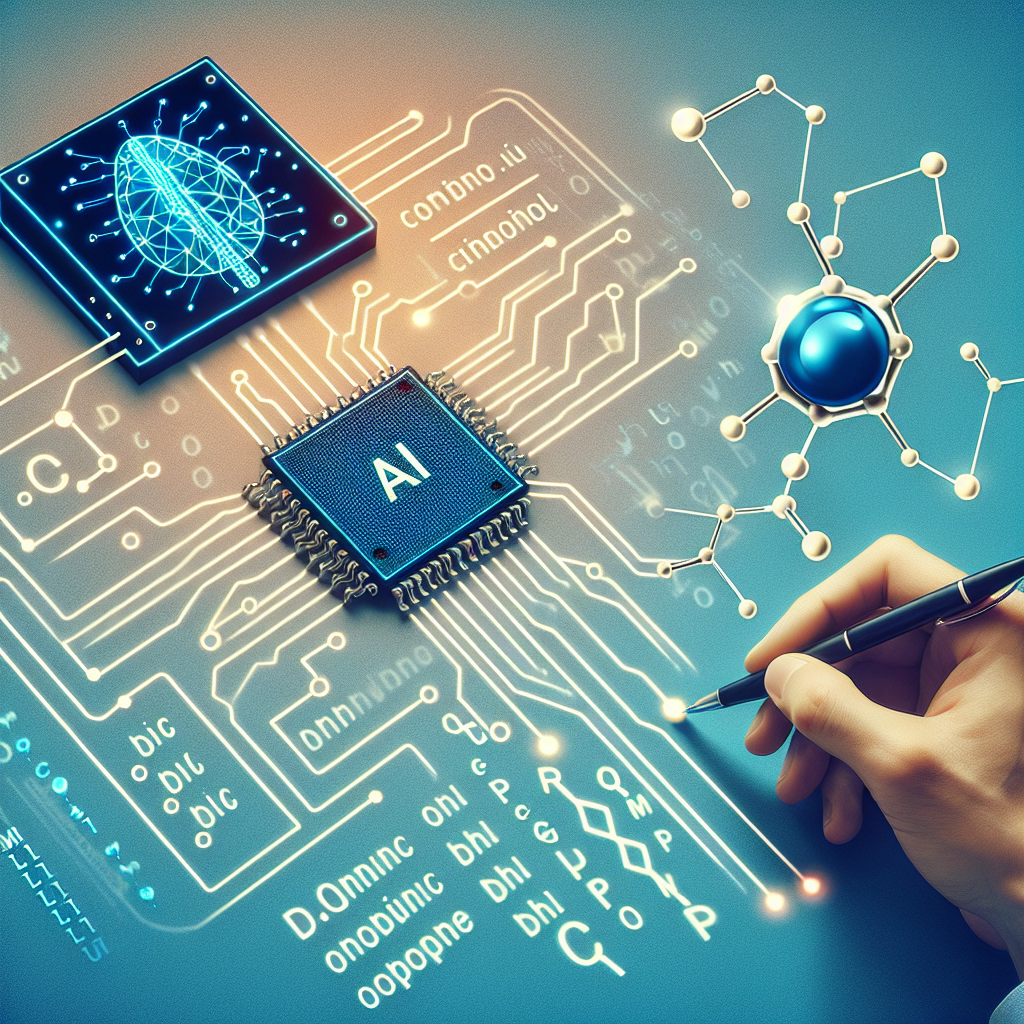Artificial Intelligence (AI) has revolutionized many industries, including drug discovery. With the increasing amount of data available in the pharmaceutical industry, AI has become a powerful tool for identifying new drug candidates, predicting drug interactions, and speeding up the drug development process.
AI algorithms can analyze huge datasets of biological and chemical information to identify potential drug targets, predict the effectiveness of a drug candidate, and optimize its structure for maximum efficacy. This has the potential to greatly reduce the time and cost involved in bringing a new drug to market, as well as increase the success rate of drug development.
One of the key areas where AI is making a significant impact in drug discovery is in the identification of new drug targets. Traditionally, drug discovery has been a slow and expensive process, with researchers relying on trial and error to identify potential targets. AI algorithms, on the other hand, can quickly analyze vast amounts of data to identify potential drug targets that may have been overlooked by traditional methods.
AI is also being used to predict the effectiveness of a drug candidate before it is tested in clinical trials. By analyzing data on the structure and function of a drug, as well as information on how it interacts with the body, AI algorithms can predict how effective a drug will be in treating a specific disease. This can help researchers prioritize which drug candidates to pursue further, saving time and resources in the drug development process.
Another area where AI is making a big impact is in optimizing the structure of a drug candidate. By analyzing the chemical structure of a drug and predicting how it will interact with the body, AI algorithms can help researchers design drugs that are more effective and have fewer side effects. This can greatly improve the success rate of drug development and reduce the risk of adverse reactions in patients.
Overall, AI has the potential to revolutionize the drug discovery process, making it faster, more efficient, and more cost-effective. By harnessing the power of AI, researchers can identify new drug targets, predict the effectiveness of drug candidates, and optimize their structure for maximum efficacy. This has the potential to greatly improve the success rate of drug development and bring new treatments to patients more quickly.
FAQs:
Q: How does AI help in drug discovery?
A: AI helps in drug discovery by analyzing large datasets of biological and chemical information to identify potential drug targets, predict the effectiveness of drug candidates, and optimize their structure for maximum efficacy.
Q: What are some examples of AI in drug discovery?
A: Examples of AI in drug discovery include using algorithms to identify new drug targets, predict the effectiveness of drug candidates, and optimize their structure for maximum efficacy.
Q: How does AI predict the effectiveness of a drug candidate?
A: AI predicts the effectiveness of a drug candidate by analyzing data on the structure and function of the drug, as well as information on how it interacts with the body. This helps researchers prioritize which drug candidates to pursue further.
Q: How does AI optimize the structure of a drug candidate?
A: AI optimizes the structure of a drug candidate by analyzing the chemical structure of the drug and predicting how it will interact with the body. This helps researchers design drugs that are more effective and have fewer side effects.
Q: What are the benefits of using AI in drug discovery?
A: The benefits of using AI in drug discovery include faster identification of new drug targets, more accurate prediction of drug effectiveness, and improved drug design for maximum efficacy and fewer side effects.

